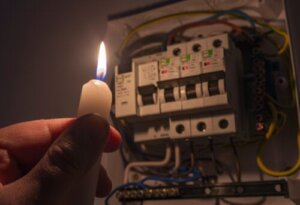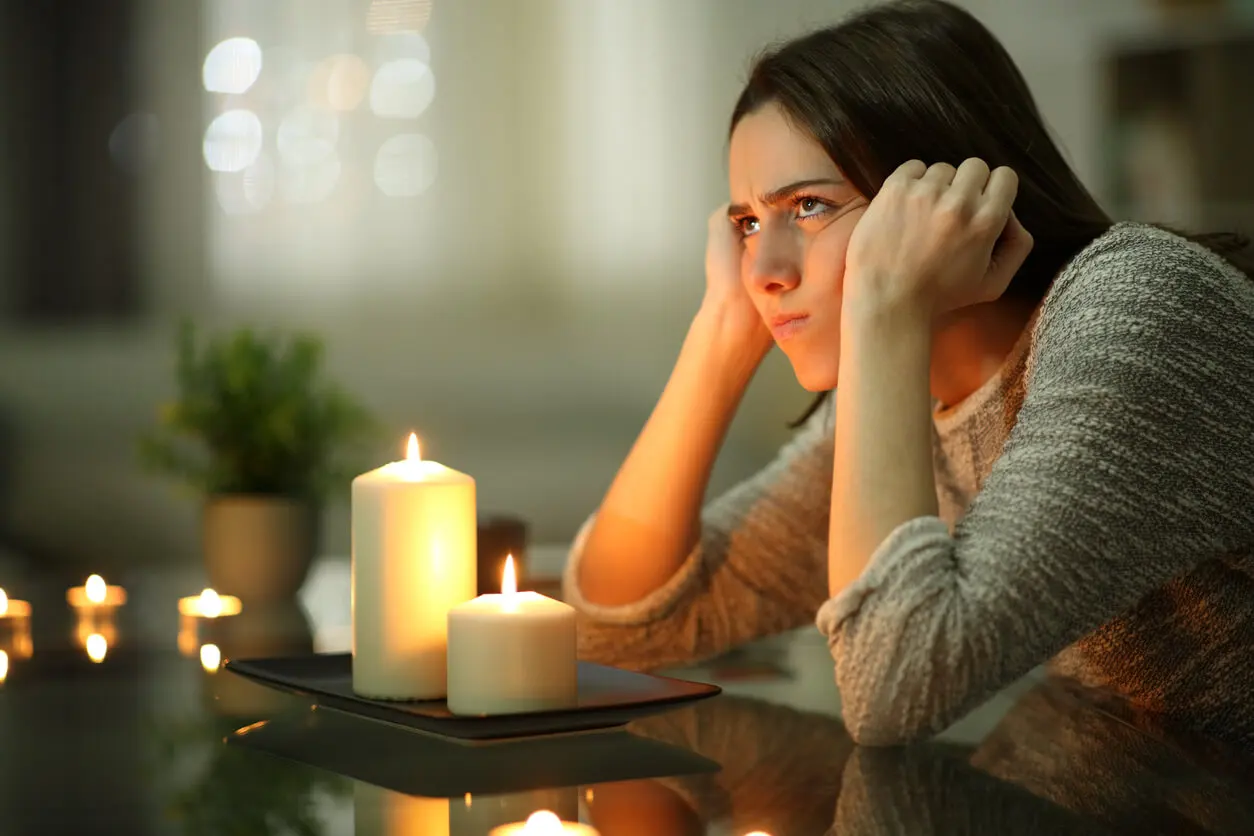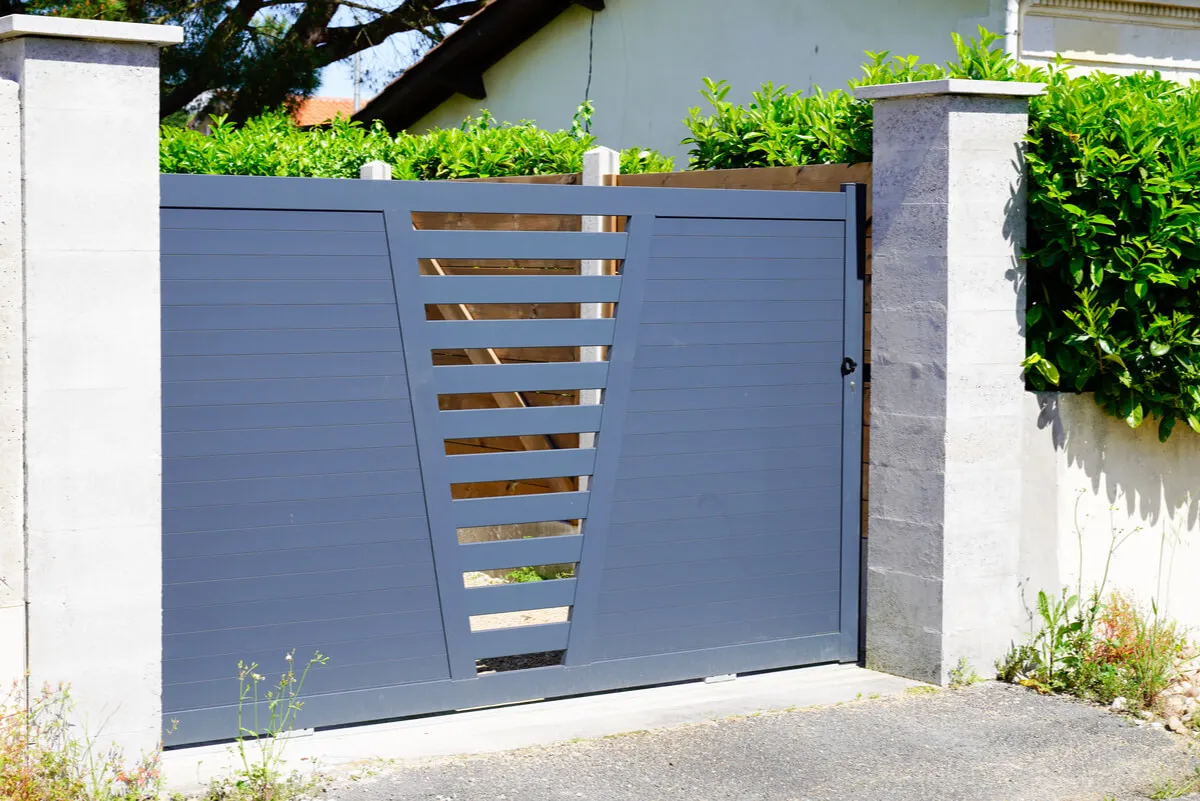8 Things You Shouldn't Do During a Power Outage

A power outage is a sudden, temporary interruption of electrical power. In most cases, you don’t know when it will occur until it actually happens. Then, at some point, it ends. In this context of uncertainty, there are a series of things you shouldn’t do during the power outage because the consequences could worsen the chaos.
Regardless of how long it takes for the power to come back on, minutes become hours and hours often become eternal. The first thing to do is to stay calm, make sure that all family members are well, and avoid doing the following.
1. Don’t wait to contact your energy provider
Never assume that the outage is general and that it affects everyone, and that the energy company is aware of it. It may be that the outage has been scheduled for maintenance work, but it’s also possible that the company doesn’t even know about it.
Perhaps, in the middle of a heavy storm, trees fall and break the power lines and the company doesn’t know about it until it receives complaints.
Even if you notice that the outage is general and affects the whole block, never stop calling. Don’t assume that other people will do it because they might think the same and this way no one makes the claim. The more calls the company gets, the better.
2. Avoid lighting candles
Lighting a candle in the middle of pitch darkness isn’t a good idea for different reasons:
- Candles often don’t light well
- They run out quickly
- They can easily cause a fire
This is why you should always have a flashlight on hand and in the same place that’s reserved only for blackouts. Place batteries or fresh batteries next to it, just in case.

3. Things you shouldn’t do during a power outage: Drain your cell phone battery
The only screen available during a power outage is your cell phone, and the first thing we tend to do to kill boredom is to use our phones for entertainment, to read books, or to watch movies. However, unnecessarily wasting your cell phone battery is one of the things you should never do during a blackout.
Our advice is to preserve the charge so that you can use it when you need it – that is, to communicate with someone or for emergencies.
Optimize your battery life by disconnecting wifi, closing unused applications, and reducing screen brightness. You can also choose to keep a portable charger handy and always charged.
We think you may also enjoy reading this article: How to Install Electrical Outlets with USB Ports
4. Don’t keep electrical appliances plugged in
Even during a thunderstorm, your electronics should be unplugged to avoid damage from a lightning strike. Although it’s quite unlikely that lightning will strike right where electronic equipment is located, the phenomenon produces a strong electrical discharge in external wires and conduits that could end up in your home’s facilities.
As soon as the power outage begins, if you don’t have a central circuit breaker, remember to unplug all electronic devices.
5. Don’t open the refrigerator all the time
Boredom can play a trick on us. If we don’t know what to do, we often go to the refrigerator out of habit to see what we can eat. By doing this, we fall into the easy mistake of opening the door all the time.
In this way, the cold is lost every time we open it and the food won’t last long. Keep in mind that we can keep the appliance cold for about 4 hours as long as we keep the doors remain closed.
6. Don’t turn on the generator in an enclosed place
A generator runs on fossil fuel. When it burns, it emanates toxic gases such as carbon monoxide, so it must be located in an open space.
We must be very careful on this point, because this gas is a silent killer. It has no smell and you won’t realize you are suffering from poisoning that could be fatal.
Like this article? You may also like to read: Five Tricks to Brighten Dark Spaces without Electricity
7. Things you shouldn’t do during a power outage: Keep supplies low
While power outages are a surprise, it never hurts to stock up on water and non-perishable food supplies to have as a backup. In this sense, the magnitude of the blackout is unknown and could affect even water and gas supplies for an extended period of time.
The rough estimate is 4 liters of water per person per day, plus water for household pets.
8. Don’t forget about automatic gates
Some condominiums use automatic gates that run on electricity. Although they can be opened manually, many times we don’t know how to do this and we can’t get in or out until we get help from a neighbor.
That is why we recommend that, if this is your case, you learn how to do the manual maneuver to open or close these gates. This way, you will avoid unforeseen events.

What you shouldn’t do during a power outage is based on foresight
Anticipating the needs we may have during a blackout is the key to being able to get through this period without serious inconveniences. Don’t forget the medicines that need to be kept cold and try to take care of the hot water available if it’s heated with electric energy.
We’ve mentioned just a few things to consider in this article. However, there are always more issues that will depend on each family.
All cited sources were thoroughly reviewed by our team to ensure their quality, reliability, currency, and validity. The bibliography of this article was considered reliable and of academic or scientific accuracy.
- Gómez, J., & Valcarce, F. (2003). Tóxicos detectados en muertes relacionadas con fuegos e intoxicaciones por monóxido de carbono. Revista de Toxicología, 20(1), 38-42.
- GIRALDO, J. M. M. (2003). Apagones: ingeniería y economía desacopladas. DYNA, 78(9), 63-70.
- Montealegre, J. F. R., & ELECTRICA, E. D. T. (2014). Análisis de colapsos en sistemas eléctricos de potencia(Doctoral dissertation, Universidad Tecnológica de Pereira. Facultad de Tecnologías. Tecnología Eléctrica).
- Wiesner Morales, L. R., & Wills Herrera, E. (1996). El apagón del sector eléctrico. El sistema frente a las regiones. Ediciones Universidad de los Andes.
- CALDERA M, E (1999). El gran apagón de un sector de la ciudad de Buenos Aires: Cronología y reseña de un gran tango del mercado eléctrico en Argentina. Problemas del Desarrollo, 30(117), 193-199.
- Díaz, E. (2019). Una mirada a los generadores eléctricos y al consumo eléctrico. Hojitas de Conocimiento. Energía; n° 40.
This text is provided for informational purposes only and does not replace consultation with a professional. If in doubt, consult your specialist.








